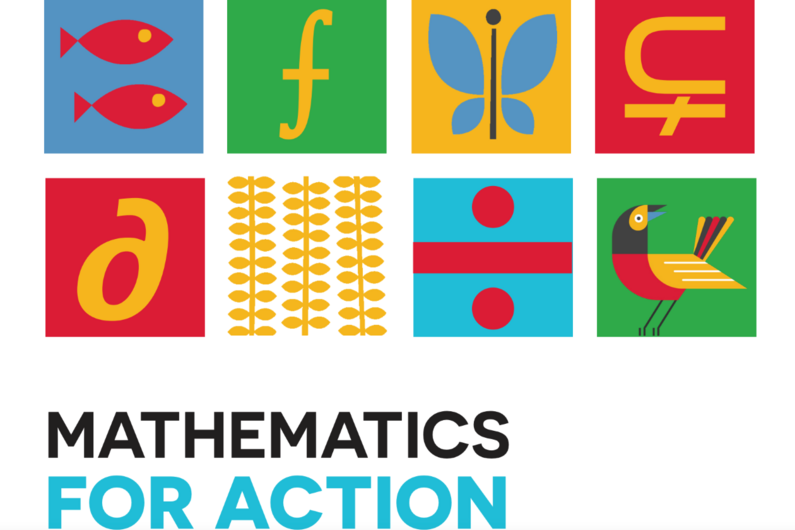SDGs: a new tool to support evidence-based decision-making
- UdeMNouvelles
03/15/2022
- Béatrice St-Cyr-Leroux
The Centre de recherches mathématiques has produced a collective work published by UNESCO that highlights the potential for mathematics to address issues of sustainable development and global change.
At UNESCO’s request, the Centre de recherches mathématiques (CRM) has put together a collection of articles about the vital role mathematics can play in solving many global problems. The work is being released today and is available free online.
It was written by a consortium of international experts and covers a wide range of topics related to the UN’s Sustainable Development Goals (SDGs) from a mathematical perspective: mapping poverty, measuring the gender gap, modeling a pandemic, predicting climate change, measuring biodiversity, etc.
The project was the brainchild of Christiane Rousseau, professor emeritus in UdeM’s Department of Mathematics and Statistics. “We hope this collection of articles will give readers, be they policy-makers, scientific advisors, diplomats or just people who are interested, an idea of the scope of mathematical applications and their relevance to resolving global issues,” she said.
According to Rousseau, mathematical models can be used to predict the path of extreme weather events, project herd immunity and a pandemic’s contagion curves, model vaccine hesitancy, and assess sustainable management of natural resources.
“We want to persuade readers that the use of mathematics—and science in general—is vital in order to meet the urgent challenges presented by accelerating global change,” she said.














